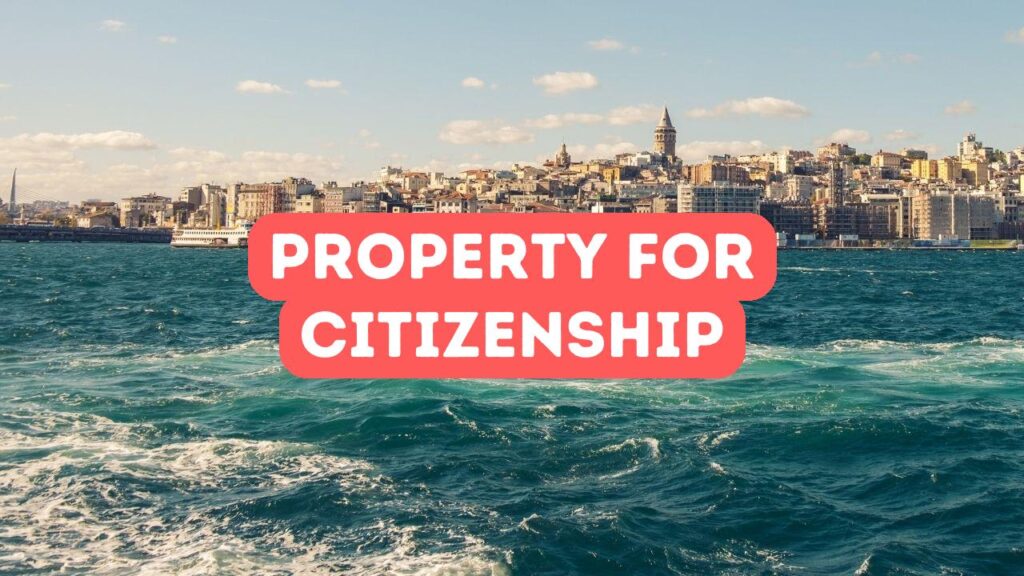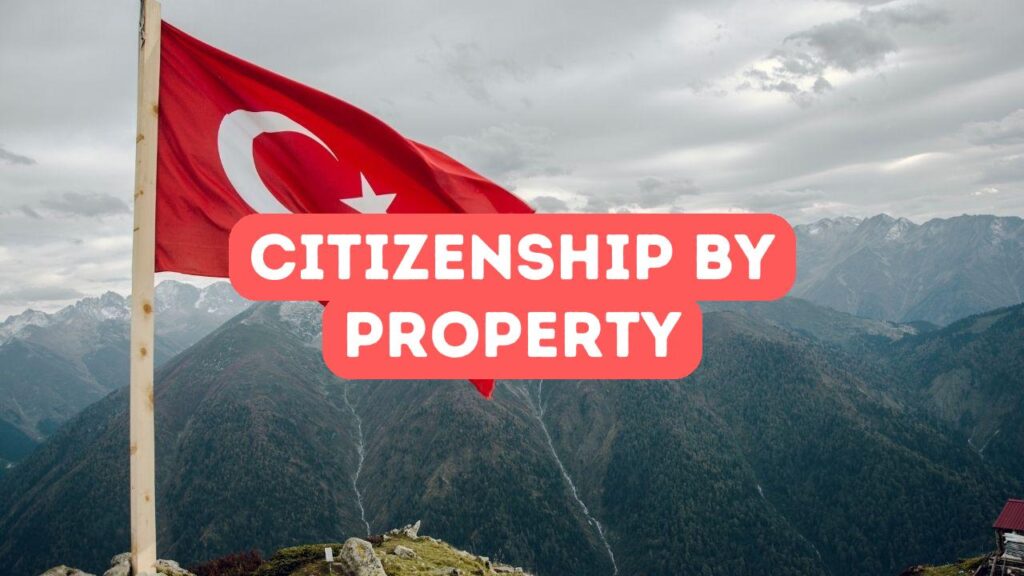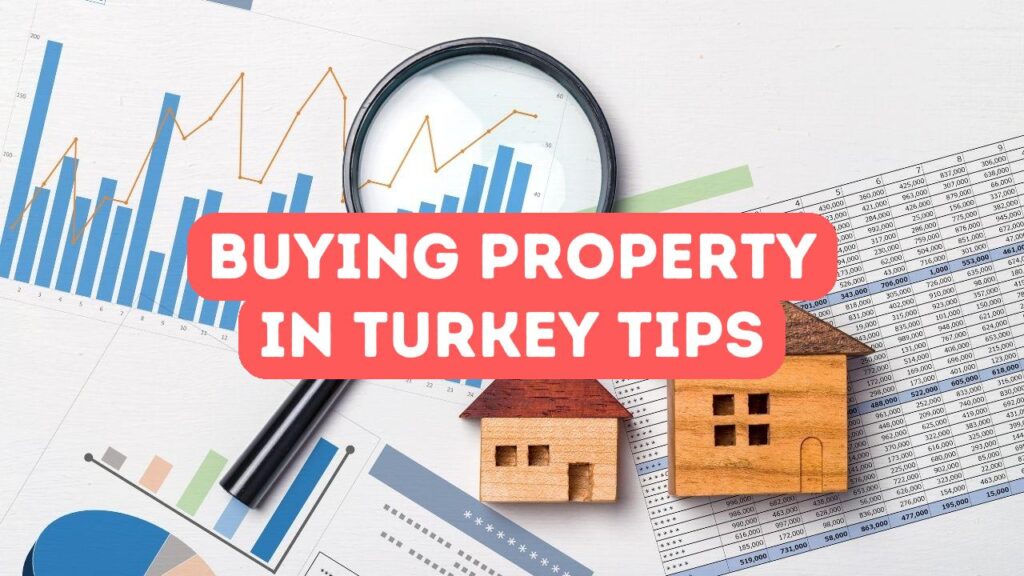Tackling legal disputes in the labyrinth of Turkish real estate can feel like walking a tightrope. With rapid urban development, foreign investments, and evolving regulations, the landscape of real estate law in Turkey is nothing short of dynamic. How do you ensure your footing is solid when wading through property disputes in Turkey? A deep understanding of the fundamentals is crucial. Legal disputes in Turkey’s real estate market often arise from complexities in rental agreements, ownership rights, and zoning laws. Each challenge presents a unique scenario, requiring a precise approach. Navigating real estate issues means staying updated on current laws while anticipating potential pitfalls. Success in these disputes isn’t just about knowing the law; it’s about strategic execution. From understanding the nuances of real estate law in Turkey to effectively resolving property disputes, the journey demands focus and insight. Are you ready to steer through these challenges?
Understanding Property Rights and Legal Frameworks in Turkey
Understanding property rights underpins every move in Turkish real estate. Imagine property disputes Turkey as a chess game; each piece, from ownership titles to zoning laws, must be strategically played. In the context of legal disputes Turkey, grasping the legal framework is like having the map to a complex maze. Turkish real estate is governed by a set of evolving laws and regulations, each shaping how you can and cannot engage with property. The essentials of real estate law Turkey? Knowing who holds the rights to the property, whether buying, selling, or leasing. It’s about getting past the jargon to see the bigger picture, ensuring your investment is secure and dispute-free. Navigating these legal waters requires a keen eye for detail, especially as foreign investments continue to flow into the country. The key? Stay informed and proactive, keeping legal missteps at bay. Are you ready to embrace the complexity and thrive?
In Turkey, understanding property rights is akin to building a house on solid ground—it is essential for stability and security. Whether you’re a seasoned investor or a first-time buyer, recognizing the intricacies of real estate law Turkey is vital. Legal disputes Turkey often emerge without warning, like a storm on a sunny day, typically rooted in misunderstandings over property rights. Turkish real estate law mandates clear ownership documentation; lacking this, you’re at risk of costly litigation. The journey into Turkish real estate demands diligence in verifying zoning laws and rental agreements. These documents are not just papers—they’re the cornerstone of your investment. Due diligence uncovers hidden details, ensuring your steps are rooted in certainty. For those keen on navigating real estate issues, staying ahead involves anticipating roadblocks and crafting strategies that prevent property disputes Turkey from stemming. As in chess, the best defense is a well-understood offense.
Understanding the legal frameworks within Turkish real estate is like assembling a puzzle with many intricate pieces. These frameworks dictate the do’s and don’ts in every property transaction. Legal disputes Turkey often sprout from ambiguities in these laws, catching investors off guard. Picture it as navigating a vast forest—each path marked by rules that define your journey. Property disputes Turkey frequently revolve around poorly defined boundaries or unauthorized developments. The road to avoiding these pitfalls? A thorough grasp of real estate law Turkey. Every transaction hinges on this understanding, and misinterpretations could lead one down a tangled path of litigation. To effectively engage in Turkish real estate, it’s not just about following a map; it’s about reading it well and understanding each symbol and sign. Keep your compass in hand—anticipate challenges, rectify potential misunderstandings, and ensure your ventures are grounded in legal certainty.
Key Strategies for Resolving Disputes Effectively
When grappling with legal disputes in Turkey, particularly within the volatile arena of Turkish real estate, it is essential to adopt robust, proactive strategies. First, prioritize comprehensive documentation. Clear, detailed records of transactions and agreements can serve as your lifeline during legal proceedings. Second, understanding real estate law in Turkey is paramount. Familiarize yourself with its intricacies to anticipate and counteract potential issues. Third, seek mediation before escalation. Resolving disputes outside court often saves time and resources, offering a quicker path to resolution. In property disputes, timing can be everything. Address issues swiftly to prevent them from ballooning into larger problems. Lastly, align yourself with legal experts adept at navigating real estate issues specific to Turkey. Their local knowledge and strategic insight are invaluable allies. By mastering these strategies, you can cut through the fog of dispute, turning potential pitfalls into stepping stones toward successful resolution.
In the complex world of legal disputes Turkey faces, knowing when to bring in seasoned professionals can be a game-changer. The right legal team will not only strengthen your position but also illuminate murky areas that could otherwise lead to missteps. In Turkish real estate, a custom-fit approach is your best bet. Once an issue is identified, act with urgency. Swift decisions, informed by experts, deter costly delays. Synchronize your efforts with legal counsel fluent in real estate law Turkey has to offer. They can pinpoint pivotal details often overlooked by the untrained eye. Furthermore, don’t underestimate the power of negotiation in property disputes Turkey encounters. An open dialogue can diffuse heated situations and pave the way to resolution. Ultimately, those who keenly engage with the process of navigating real estate issues stand to gain the most, turning potential hurdles into solid ground.
Acting decisively in legal disputes Turkey faces can tip the scales in your favor. Develop a strong foundation by crafting a precise and comprehensive action plan. In Turkish real estate, a detailed plan can unravel complexities while providing clarity amid chaos. Leverage real estate law Turkey offers to address discrepancies before they escalate. Embrace collaboration; involve key stakeholders early on to align efforts and minimize conflicts. Notably, in property disputes Turkey encounters, cutting through red tape with clarity and precision is vital. Communicate openly and often with involved parties; transparency fosters trust and can expedite solutions. In your journey of navigating real estate issues, patience and persistence are your best allies. Remember, the road to resolution is neither short nor easy, but with strategic foresight, you can untangle the web of disputes effectively. Taking these steps with determination, you transform potential turmoil into a progressive resolution.
The Role of Mediation and Arbitration in Turkish Real Estate Conflicts
In the tangled web of legal disputes Turkey faces, mediation and arbitration serve as guiding beacons. These alternatives to traditional litigation offer a streamlined path to resolving property disputes Turkey is known for. Mediation encourages open dialogue, allowing parties to reach a mutual agreement, while arbitration provides a more formal yet flexible resolution, often seen as a quicker and cheaper alternative than a courtroom drama. Turkish real estate investors, both domestic and foreign, find these methods essential in avoiding long-drawn legal battles which can delay or derail investments. Real estate law Turkey is no stranger to complex issues, but employing mediation or arbitration can be a lifeline, offering clarity and closure. It’s like having a trusty compass while navigating real estate issues in an unfamiliar territory; ensuring disputes are managed efficiently helps preserve business relationships and keeps projects on track.
Mediation and arbitration have become crucial instruments in addressing legal disputes Turkey’s burgeoning real estate sector frequently encounters. While courtroom procedures can be lengthy and costly, these alternative dispute resolution techniques offer a more efficient and less adversarial option. In Turkish real estate, mediation fosters a platform for parties to communicate openly, often leading to successful negotiation and amicable settlements. Arbitration, on the other hand, provides a binding decision, which ensures swifter resolution compared to traditional litigation. By embracing these methods, real estate law Turkey and property disputes Turkey are managed more effectively, reducing stress for all involved and keeping the gears of investment and development turning smoothly. More than just legal tools, mediation and arbitration help preserve crucial business relationships and provide a strategic advantage, carving a path through the thickets of navigating real estate issues in a rapidly evolving market.
In the bustling realm of Turkish real estate, the complexity of legal disputes Turkey undergoes demands a toolkit filled with effective strategies. That’s where mediation and arbitration shine, acting as the linchpin holding the structure together during property disputes Turkey faces. Unlike the glacial pace of court procedures, mediation offers a chance to sit at the table, fostering understanding and often yielding settlements that satisfy all parties involved. Arbitration stands out as a stalwart in real estate law Turkey by providing decisions with the weight of authority behind them, promoting swifter resolutions. For investors, both local and international, navigating real estate issues without delay is critical; hence, these methods are more than mere alternatives—they are essential. By utilizing mediation and arbitration, conflicts that could escalate are kept in check, ensuring Turkish real estate continues to flourish in an ever-competitive market landscape.






